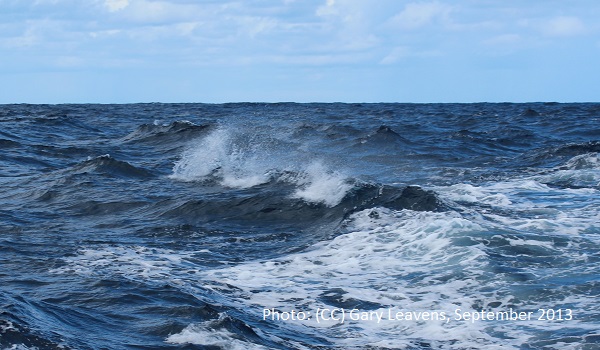The camp at Arguineguín pier was finally dismantled after the Spanish Ombudsman had warned about fundamental rights violations and asked the immediate closure of the reception structure.
On the evening of 29 November, the camp at Arguineguín pier in Gran Canaria was finally emptied with the transfer of the 27 remaining people to alternative reception structures on the island. This comes more than three weeks after Spanish Minister of the Interior, Fernando Grande-Marlaska, visited the Canary Islands and announced the closure of what local politicians and NGOs had referred to as “pier of shame”. During his visit, Grande-Marlaska assured: “It will not be a partial closure. It won’t house migrants again”.
However, it took a letter by the Spanish Ombudsman demanding the immediate closure of the camp to execute the announcement. In his letter, acting Ombudsman Francisco Fernández Marugán warned that the “physical integrity” of people held at the pier was being jeopardised, a right enshrined in article 15 of the constitution. Further, he expressed concerns over the violation of article 17 of the constitution as people were reportedly held more than 72 hours at the pier, amounting to their deprivation of liberty. A team of the Ombudsman’s office had visited the Canary Islands in mid-November and based on their inspections at different reception facilities a detailed report is expected to be published.
Since 3 August, Arguineguín pier had served as first point of referral for people arriving by boat and thousands had to stay there while registration and COVID-19 testing were completed. At times, more than 2,600 people were staying at the space designed to temporary accommodate a maximum of 400 people in 12 tents set up by the Spanish Red Cross.
Human rights organisations such as Human Rights Watch and Amnesty International have repeatedly condemned the conditions and called for transferring people to safe reception facilities. Juan Carlos Lorenzo from ECRE member Comisión Española de Ayuda al Refugiado (CEAR) stressed that the dismantling of the Arguineguín pier should not be seen as a “victory” but that instead the camp should never have existed in the first place. The organisation calls for six steps to address the “humanitarian drama” unfolding in the Canary Islands, including guaranteed access to asylum procedures, reactivating periodic and systematic transfers to the Spanish peninsula, and territorial solidarity based on a distribution system. Spain’s government refuses transfers to the mainland and has resumed returns to Algeria, Morocco and Mauretania.
According to the Ministry of the Interior, more than 37,000 migrants have arrived in Spain as of 1 December, 19,500 of them to the Canary Islands. In the second half of November, 2,806 people have survived the dangerous route and arrived in the Canary Islands. On 24 November, at least eight people drowned when their boat capsized off Lanzarote. In October, the deadliest shipwreck of the year had claimed 140 lives off the coast of Senegal when a boat caught fire and capsized.
For further information:
- ECRE, Atlantic Route: Containment, Return, Deterrence – Spain’s Response to Increased Sea Arrivals, November 2020
- ECRE, Atlantic Route: Alarm over Inadequate Reception as Arrivals to the Canary Islands Continue to Increase, November 2020
- ECRE, Atlantic Route: Arrivals Continue, Miserable Conditions at Arguineguín Pier, Ombudsman Investigating Lack of Legal Assistance, November 2020
- ECRE, Atlantic Route: People Face Death at Sea and Miserable Conditions upon Arrival in the Canary Islands, High Prosecutor’s Office Prohibits Separation of Children, October 2020
- ECRE, Atlantic Route: Arrivals in Canary Islands Continue to Rise, more than 1,000 People Cramped at Arguineguín Pier, Children Separated from their Parents for Months in Order to Prove Kinship, October 2020
- ECRE, Spain: Exponential Increase in Arrivals in the Canary Islands, Capacity Stretched, Intense Rescue Activity in Spanish Waters, October 2020
- ECRE, Spain: Surge in Arrivals via the Atlantic Route, Devastating Conditions in Melilla Continue, People Rescued South of Granada, September 2020
- AIDA, AIDA 2019 update: Spain*, April 2020
- ECRE, Op-ed: Cooperation with Morocco in the EU’s African Border – a laboratory of externalization, January 2018
Photo: (CC) Gary Leavens, September 2013
This article appeared in the ECRE Weekly Bulletin. You can subscribe to the Weekly Bulletin here.

